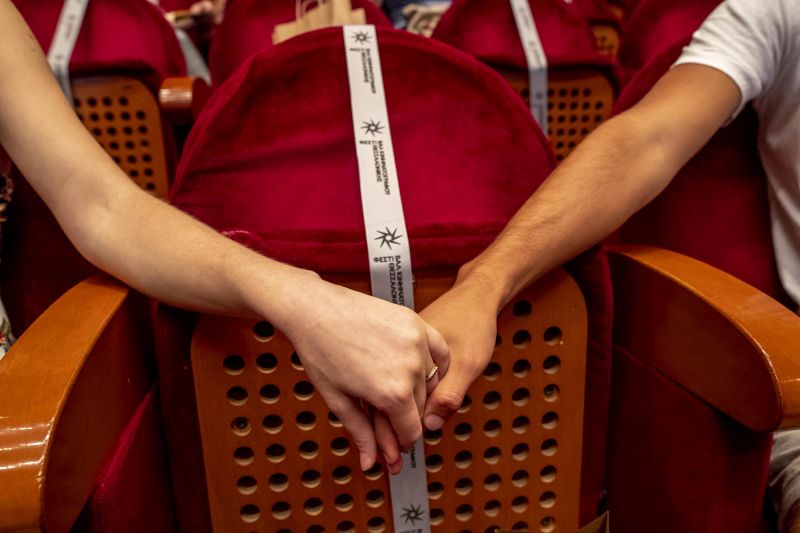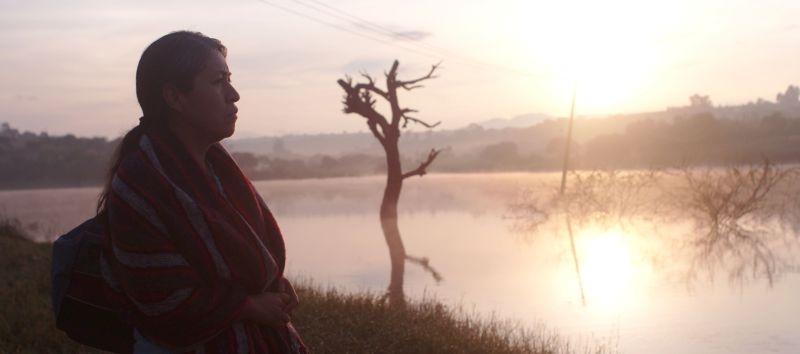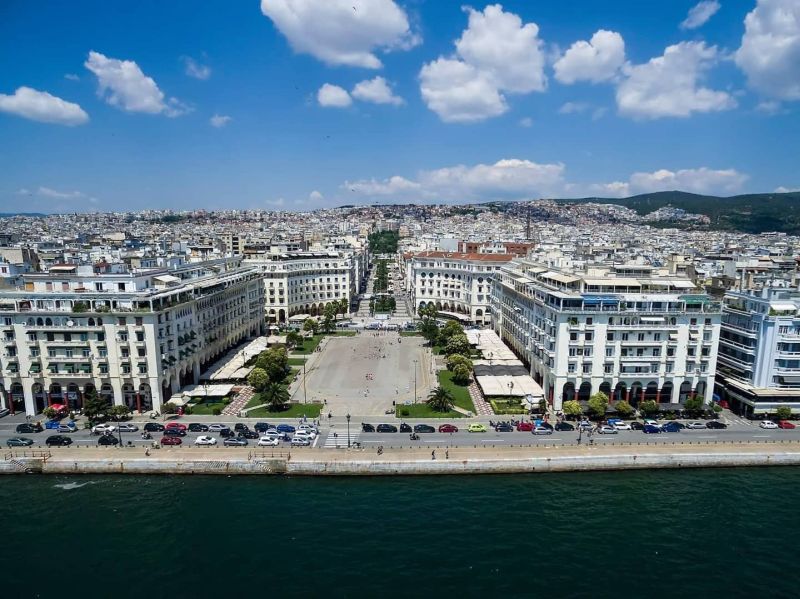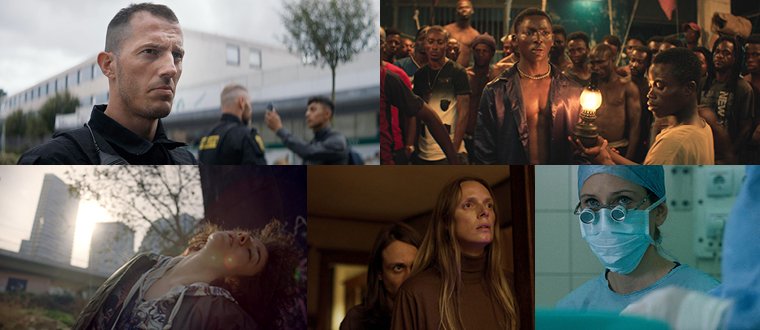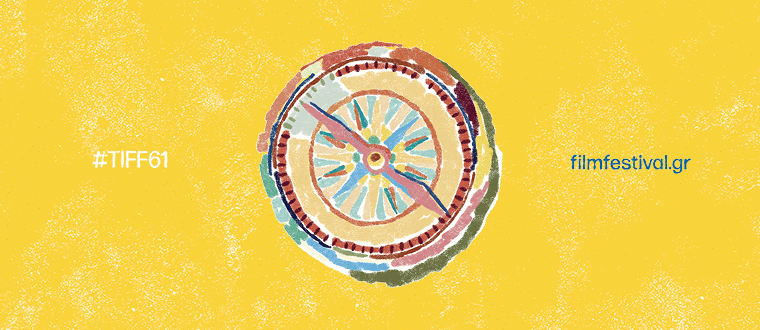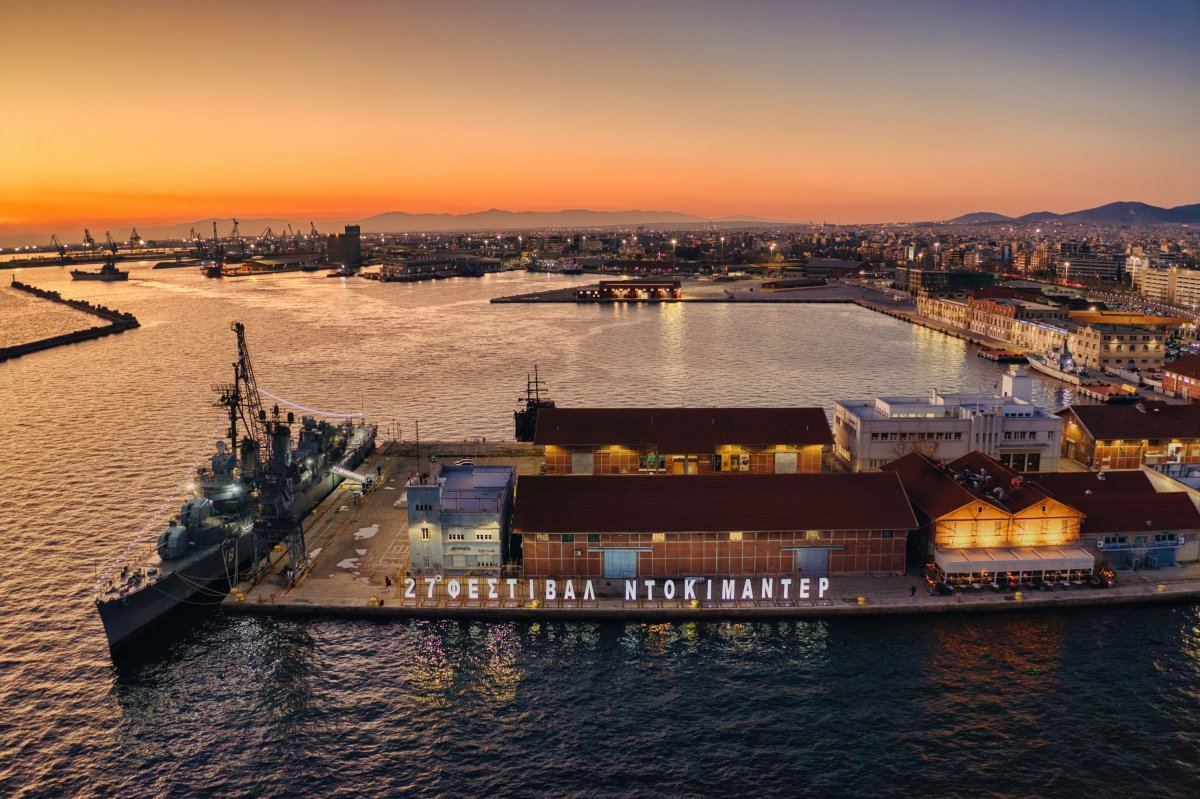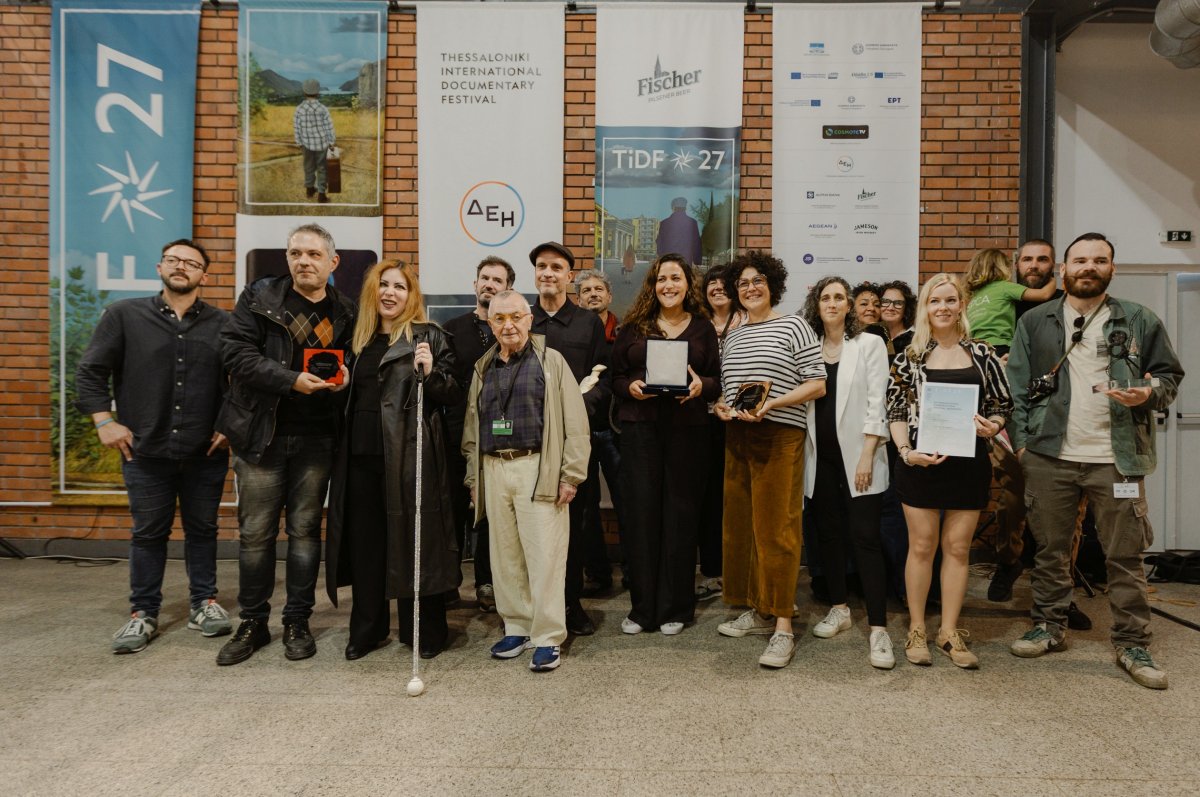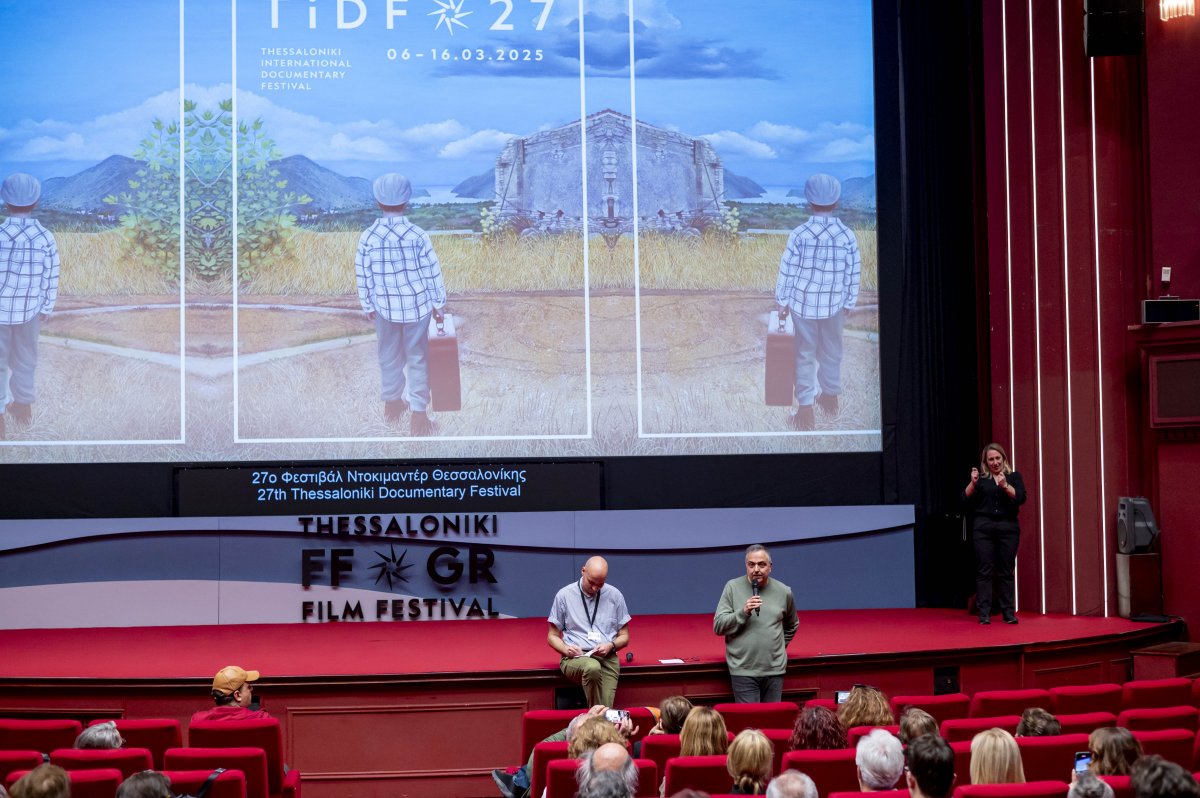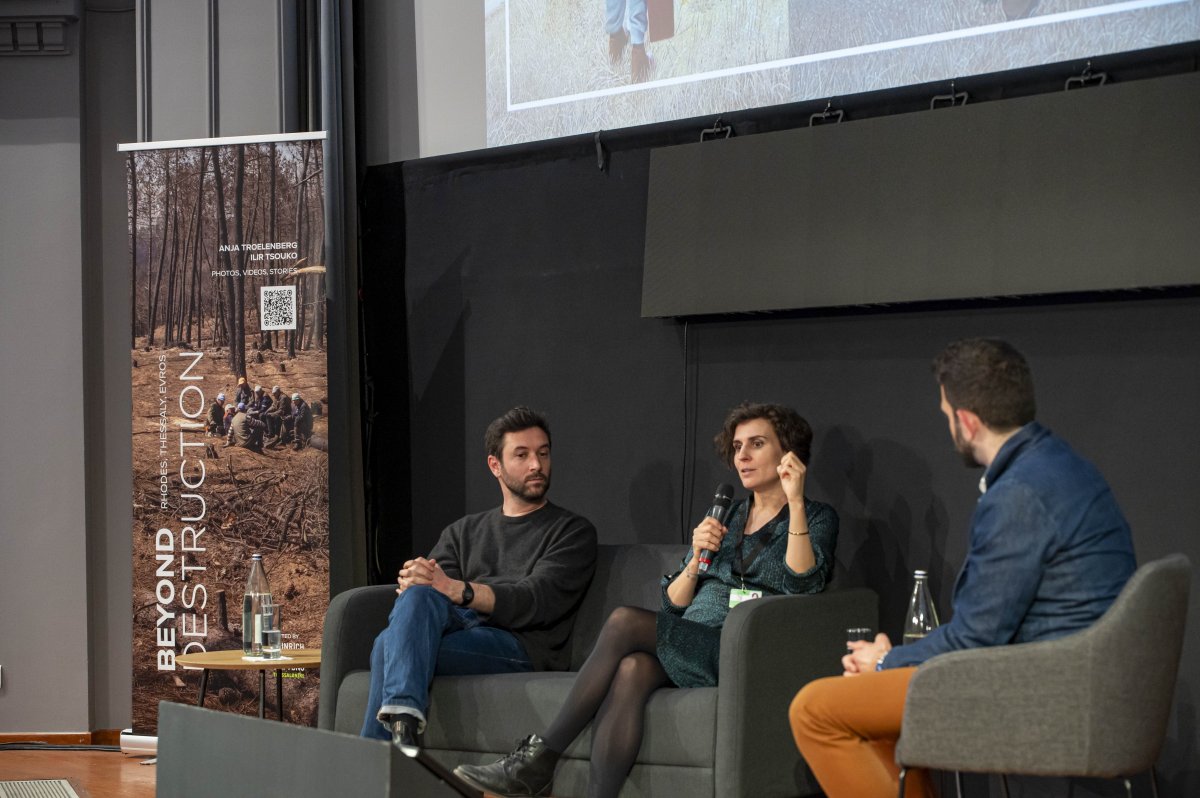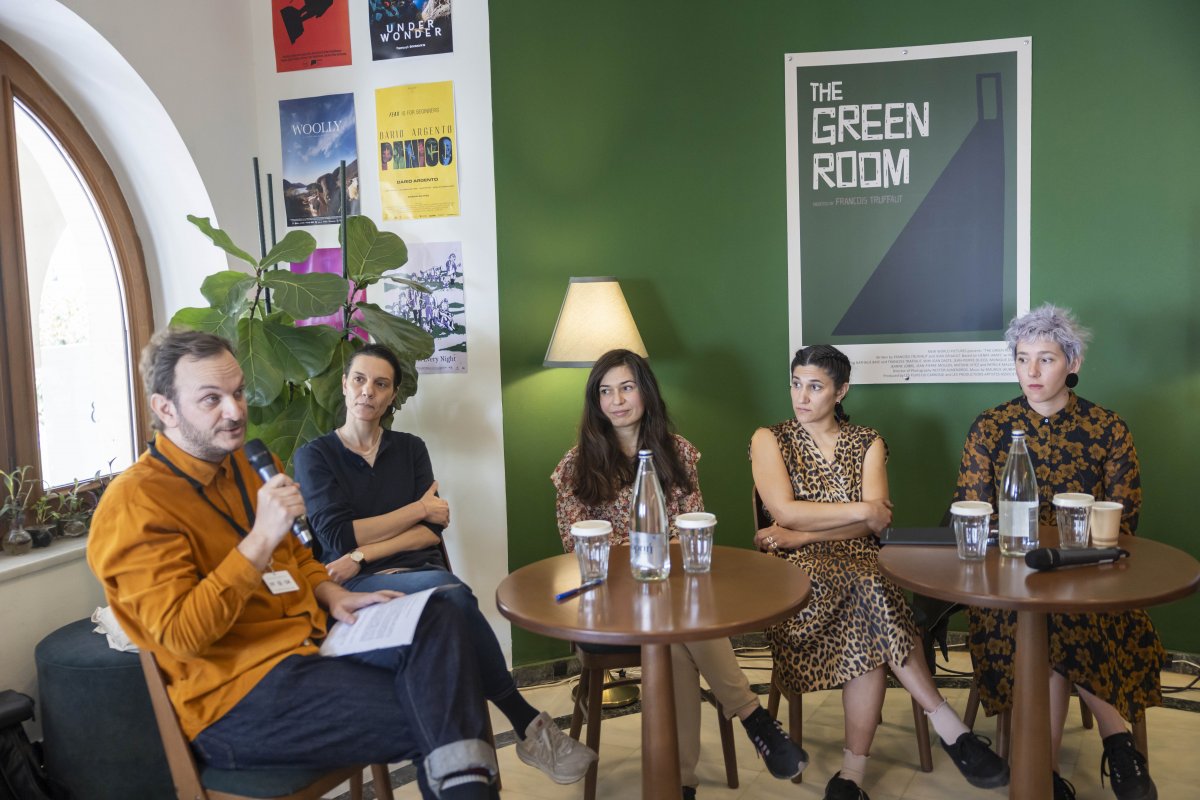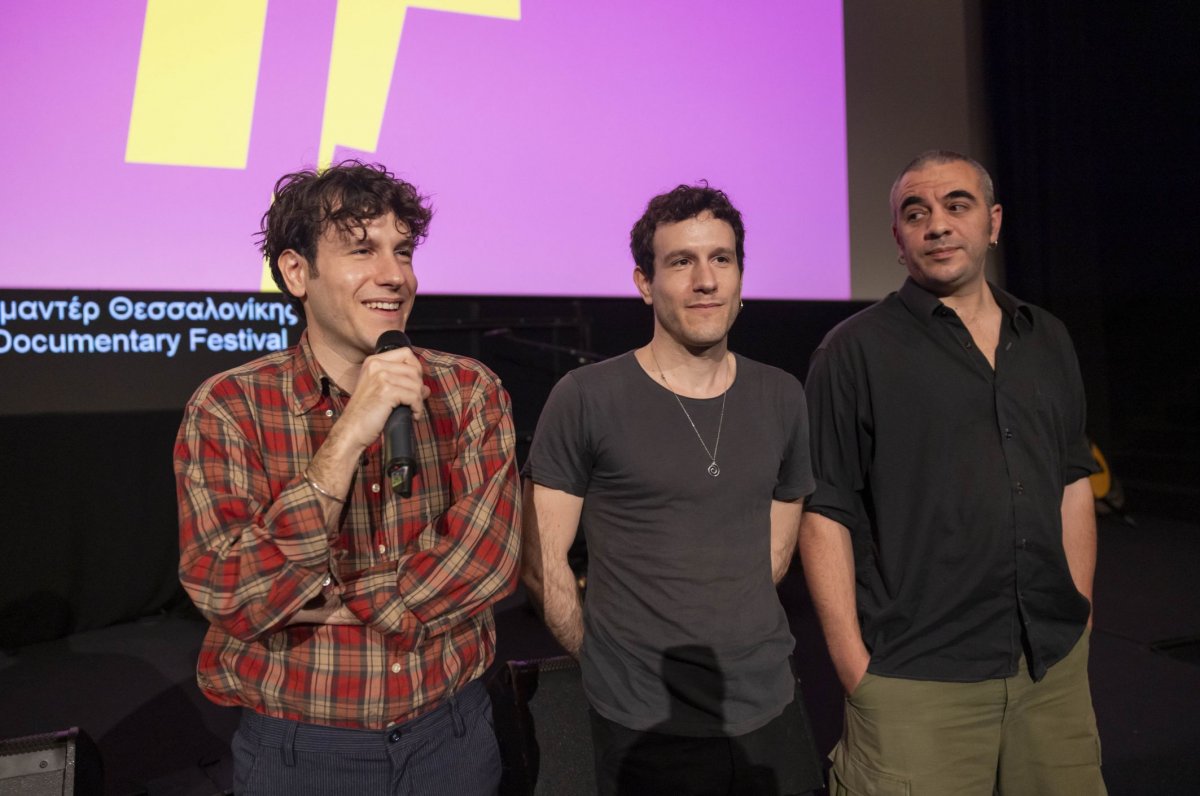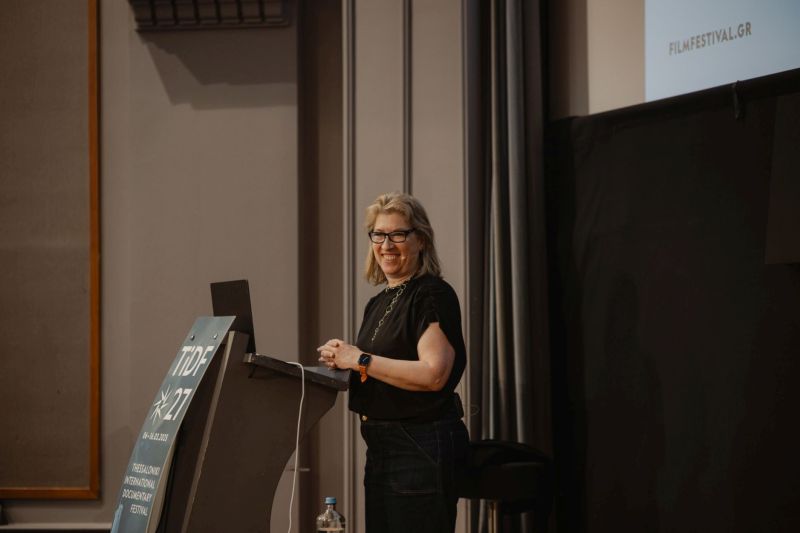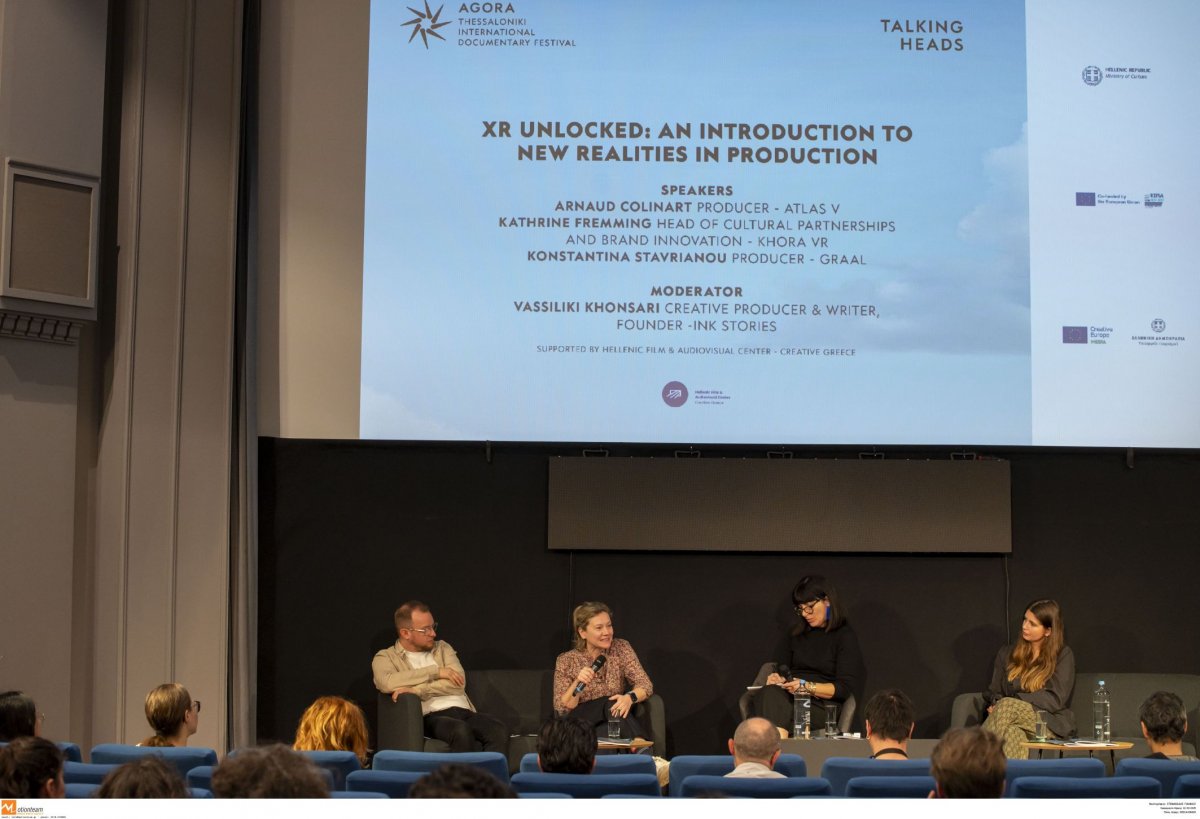The Thessaloniki International Film Festival presents three different scenarios for its 61st edition that will take place from November 5 – November 15, 2020. Each scenario depends on the situation that will prevail in Greece at the time.
Media / Press
For more information please contact Press and Communication Department.
Crossroads Co-production Forum announces its selection
www.filmfestival.gr
We are happy to announce the Crossroads CoPro Forum selection of projects from Southeastern Europe, the Black Sea and the Mediterranean region, which will take place online, during the Thessaloniki International Film Festival (November 5-15, 2020).
“Intimacy, a modern tyranny”
www.filmfestival.gr
After the violent and unprecedented outbreak of the pandemic, the 61st Thessaloniki International Film Festival (November 5 – November 15, 2020) was inspired by the prophetic book The fall of public man by the famous American professor Richard Sennett.
23rd TDF: Call for entries
www.filmfestival.gr
Film submissions for the 23rd Thessaloniki Documentary Festival (4-14/03/2021) are now open.
The 61st TIFF presents films that will stay with us for a long time
www.filmfestival.gr
Shocking, unpredictable films are coming to the 61st Thessaloniki International Film Festival (5 - 15/11/2020).
The visual identity of the 61st TIFF
www.filmfestival.gr
A compass, lots of colours, no sense of direction. We go back to basics, to the stability we lost. We bring back our childhood-self that reminds us of our greatest need for a more carefree time.


